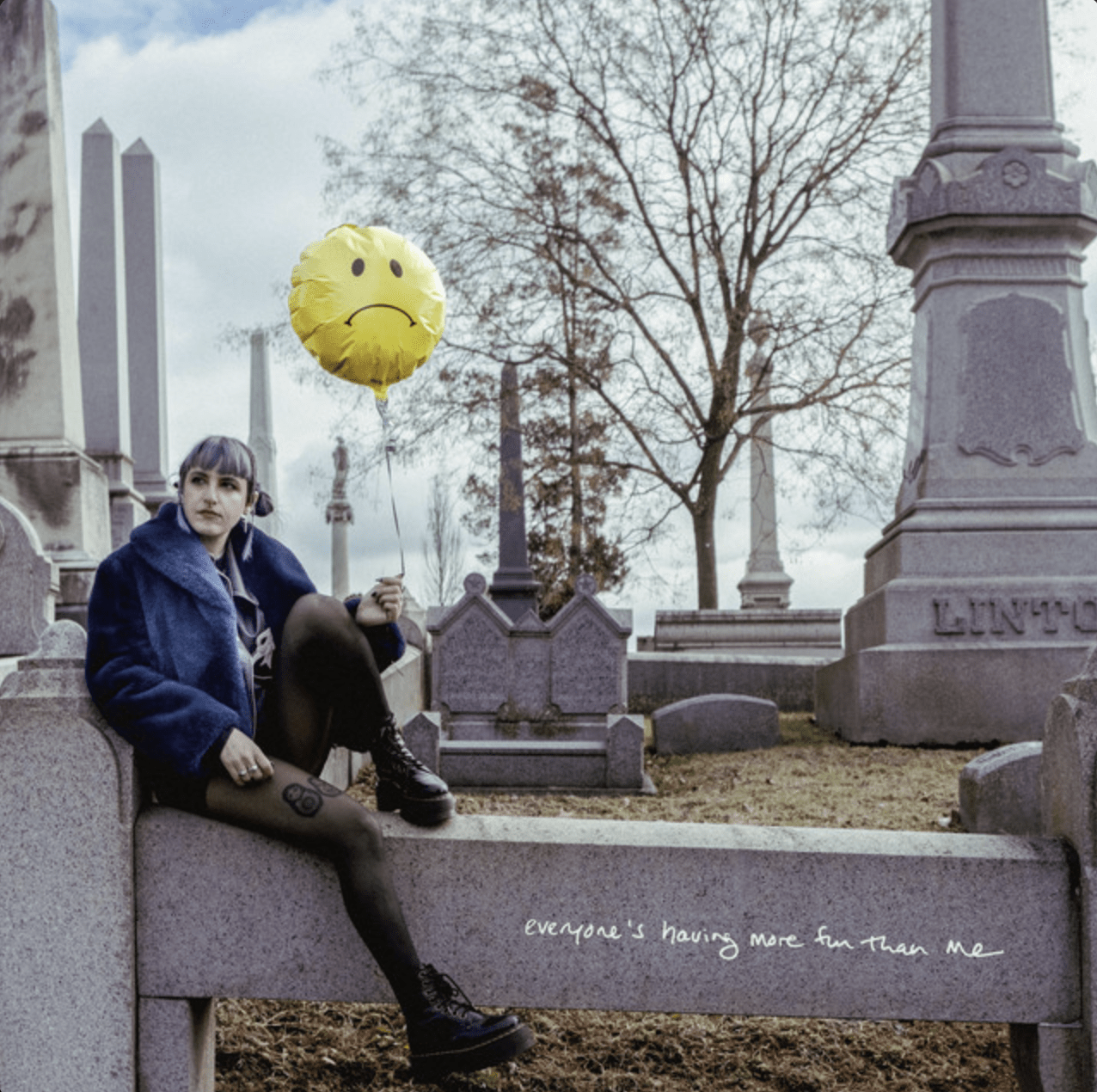While it may seem odd to include an artist of such stature, David Bowie has actually been responsible for quite a number of lost and forgotten albums. When you have a career of 40+ years, things sometimes end up lost in time. However, a couple things he has done ended up lost almost from the moment they were released; Lodger is one of those.
Considered to be part of the so-called Berlin Trilogy (despite not being recorded in Berlin at all), this was the third album in a row to have input from Brian Eno, following on from Low and Heroes. Obviously, those two albums are quite well known, both for the songs they’ve produced that have become classics, as well as the innovation of all the electronics involved, not to mention the concept of regular songs on one side, ambient instrumentals on the other. Considering the publicity put forth for Heroes, you would think Lodger would be very anticipated. So what happened?
Oddly enough, it wasn’t any one major thing, just a bunch of small things combined. The working relationship between Bowie and Eno was winding down; the album had no instrumentals, and was more regularly structured as an album of songs (with a loose pattern of one side dealing with travels, and the other dealing with critisims of the Western world). The mixing of the actual album was actually a bit muddier sounding than most of his albums. The album was definately much more accessible and pop-oriented than what came before it. That being said, it was definately not a normal album, even by Bowie standards.
The album did spawn a number of singles and videos, as well as songs that are fan-favorites to this day. “D.J.” was a rather cynical commentary on the DJ culture that was so big at the time. “Boys Keep Swinging” was a very garage band sounding track, brought about by having the musicians switch to instruments they normally did not play. It was also supported by a video featuring Bowie dressed in 3 different types of drag to sing the backing vocals, as well as a performance on “Saturday Night Live” to promote the track. “Look Back in Anger” was released as a single in America, and featured a video portraying Bowie as an artist who decays as his painting becomes better looking (based on “The Picture of Dorian Gray”).
There are also songs such as “Repetition”, which focuses on domestic violence, Bowie’s vocal purposely portraying a numb, disconnected feeling; “Yassassin”, which combined reggae with turkish music, and “Move On”, whose backing vocals were taken from the chorus of the Bowie-penned “All The Young Dudes”, ran backwards.
As the descriptions show, despite the more “normal” and “pop-oriented” direction this album took compared to the previous two, in no way was this a regular album, and if anything may have been much more daring and creative. It also pointed the way towards his next album; the highly successful “Scary Monsters (And Super Creeps)”. Lodger is an album that deserves to be heard by those who haven’t, and deserves to be given a second chance with open ears by those who have.
By Joe Jamnitzky
Leave a Reply
You must be logged in to post a comment.








Excellent article! Being a huge Bowie fan all my life, this is one album I’m sad to say that I never showed much interest in when it first came out…after reading this, I may have to give it a chance now. Thanks!